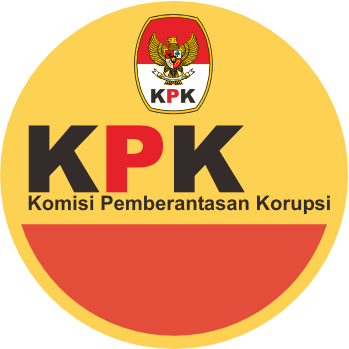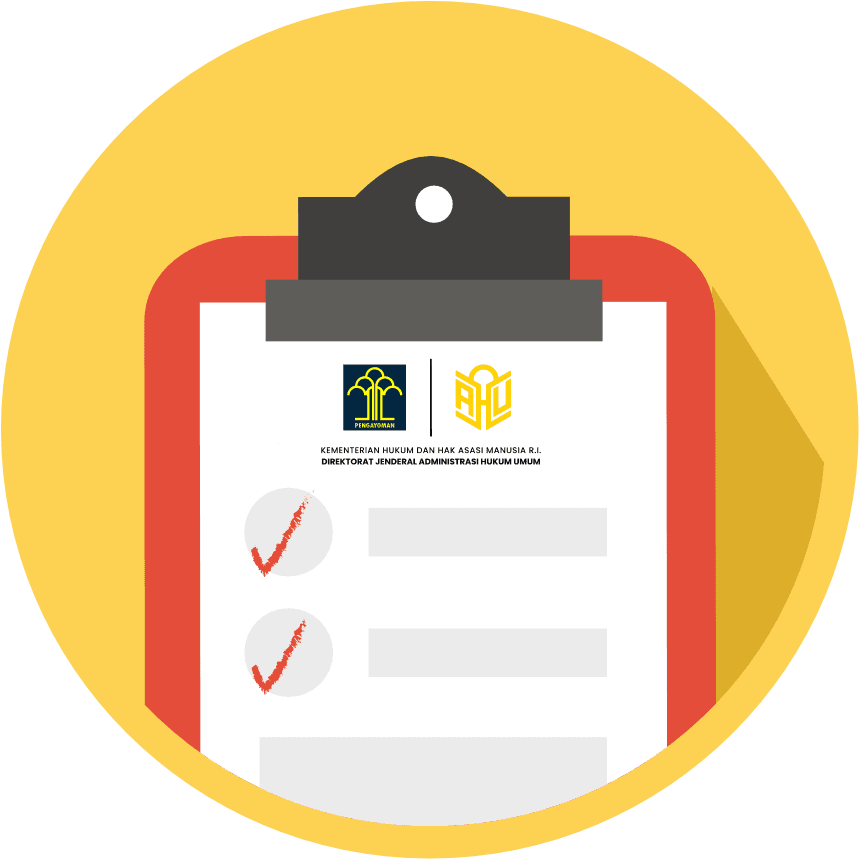
JAKARTA – Daeng Sore, a 50-year-old farmer from Maros Regency, South Sulawesi, was initially unfamiliar with the concept of agro-silvopastoral systems that have since revitalized his crop yields. This system integrates agriculture (agro), forestry (silvo), and livestock farming (pastoral). He learned all of this through the Field School initiative launched by KEMITRAAN and the Sulawesi Community Foundation (SCF) since March 2024.
Declining harvests caused by the use of chemical fertilizers have become a problem for many farmers in Maros. In response, KEMITRAAN and SCF introduced a sustainable farming system based on agro-silvopastoral practices, delivered through the Field School program. The goal is to enhance farmers’ resilience to climate change while reducing their dependence on chemical inputs in crop cultivation.
Initially, KEMITRAAN and SCF identified participants based on criteria including innovation, consistency, and inclusivity as candidates for the Field School. Following the selection process, 20 farmers from Bonto Somba Village and 20 farmers from Bonto Manurung Village were chosen to participate in the program.
From March to June 2024, the Field School activities have shown significant results. Beyond transferring new knowledge, the program embraces local wisdom and traditional practices, particularly in transitioning from chemical fertilizers to organic fertilizers in composite corn cultivation. Farmers have been able to optimize land use through environmentally friendly approaches.
At the Field School, farmers receive not only technical training but are also encouraged to practice communal cooperation in managing corn demonstration plots. The ultimate aim is to produce independent corn seeds that are more resilient to climate change.
Iwan, the youngest son of Daeng Sore and a participant in the Field School, has begun transitioning to an organic farming system. He uses cow manure as fertilizer and develops livestock feed based on elephant grass. Meanwhile, Ina, his older sister, utilizes vegetable plants to create botanical pesticides, making their farming more self-reliant and sustainable.
Five farmers from Bara Hamlet in Bonto Somba Village also contribute by processing Local Microorganisms (MOL) using palm sugar, a key component in producing organic fertilizer. This demonstrates how local wisdom can be part of modern, environmentally friendly farming solutions.
The Field School in Maros Regency proves that combining modern knowledge with traditional practices can create innovative solutions for sustainable agriculture. Through the agro-silvopastoral system, farmers gain not only economic benefits but also help maintain ecological balance.
Through this initiative, KEMITRAAN and SCF strive to implement a more inclusive, adaptive, and community-based farming model. The Field School stands as evidence that through cooperation and mutual assistance, farmers can increase land productivity while preserving their natural resources. Ultimately, the future of farming lies in being inclusive, independent, and sustainable.






